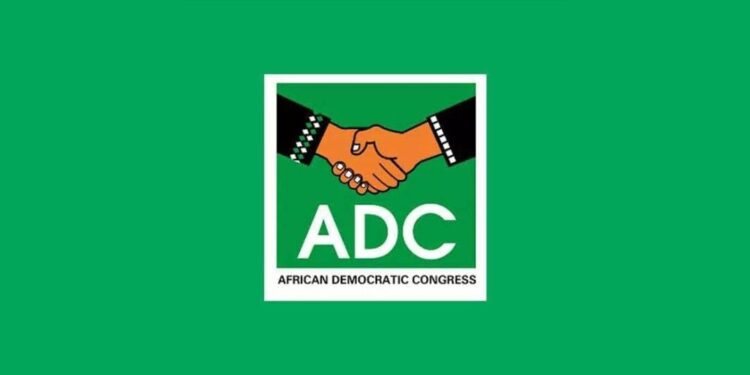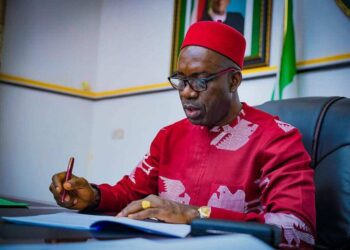The African Democratic Congress (ADC) has launched a scathing attack on the Economic and Financial Crimes Commission (EFCC), alleging that Nigeria’s premier anti-corruption agency has been weaponized by the ruling All Progressives Congress (APC) to target opposition politicians.
In a strongly-worded statement released Monday, ADC National Publicity Secretary Mallam Bolaji Abdullahi accused the EFCC of abandoning its constitutional mandate of impartial law enforcement in favor of partisan politics.
EFCC’s Vision ‘Compromised’
Abdullahi claimed the anti-graft agency, originally established to serve as an impartial guardian of public trust, has strayed far from its founding principles.
“The EFCC was created to be a fearless defender of the Nigerian people’s trust, applying the law evenly to all, friend or foe, ruling party or opposition. Today, that vision appears to have been compromised,” he stated.
The opposition party specifically criticized what it described as selective justice, alleging that the EFCC now operates “like a department of the APC, deployed to fight government critics and opposition figures.”
Allegations of Selective Justice
Central to the ADC’s accusations is the claim that the EFCC employs double standards based on political affiliation. The party alleged that while investigations against APC members are quietly shelved, opposition politicians face renewed scrutiny and harassment.
Abdullahi pointed to what he described as a pattern of investigative favoritism, citing the case of an unnamed former governor whose legal troubles allegedly disappeared after defecting to the ruling party.
“Since a certain former governor defected to the APC with his state’s entire political machinery, the EFCC’s investigations into his administration have vanished from public view. Not a question has been asked. Not a document leaked. Not a single update,” he said.
The ADC spokesperson argued that this selective approach suggests that in contemporary Nigeria, “one’s guilt or innocence appears to depend on party membership, not evidence.”
Institutional Integrity Under Threat
The opposition party warned that the perceived politicization of the EFCC poses serious risks to Nigeria’s democratic institutions and anti-corruption efforts.
Abdullahi emphasized that the commission belongs to all Nigerians regardless of political affiliation, stating: “The EFCC does not belong to the APC. It belongs to the Nigerian people. It is funded by taxpayers, not the ruling party.”
He cautioned that using public institutions as tools for political warfare undermines democratic governance and breeds public cynicism about the fight against corruption.
Call for Institutional Protection
The ADC urged all stakeholders to resist what it termed the “political capture” of national institutions, warning that the trend threatens the credibility of Nigeria’s anti-corruption framework.
“This dangerous trend is eroding public trust in the institution and undermining the real fight against corruption. We must not allow public institutions to be hijacked for partisan objectives,” the party declared.
The allegations come amid renewed EFCC activities, including the reopening of previously dormant cases and fresh summons issued to various political figures, actions the ADC characterizes as politically motivated rather than based on genuine anti-corruption imperatives.
The EFCC has not yet responded to the ADC’s accusations as the debate over the agency’s independence continues to generate political heat across Nigeria’s political landscape.




















